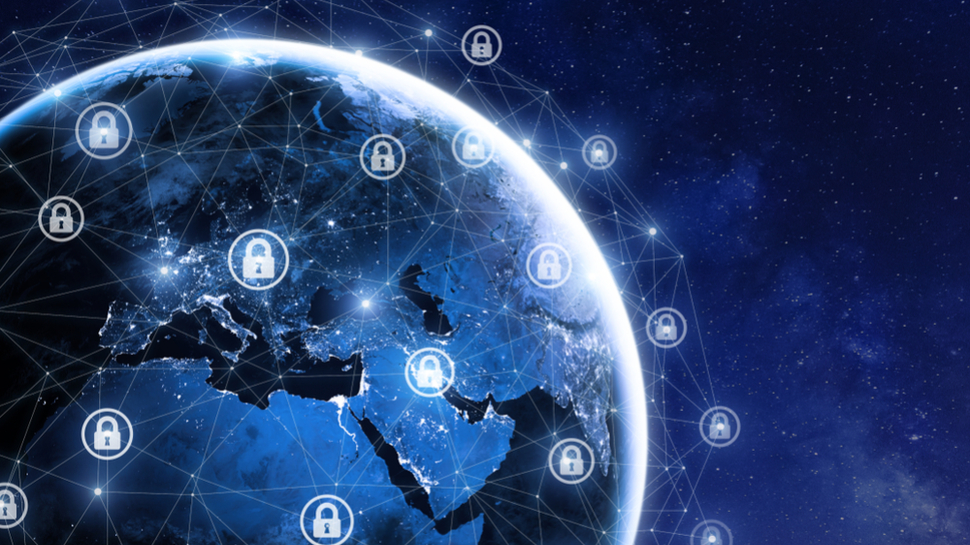Remote working: the most secure countries worldwide
Switzerland is the most secure, while the UAE is the #1 for VPN use

Whether it is for securing better privacy online, bypassing censorship or improving overall internet performance, more and more people around the world are turning to the best VPN services to improve their digital life.
A VPN is security software that spoofs users' IP address, and allows users to appear as if they were browsing from a totally different location anywhere in the world. At the same time, it encrypts all the data leaving the device for extra security.
VPN usage has seen some major spikes over the last few years as conflicts, unrest and, of course, remote working keep being on the rise everywhere.
Looking at the latter point, Proxyrack, one of the best proxy providers out there, has decided to compile a list of the safest countries from working remotely. Let's take a look at some of its findings.
Who's using VPNs the most?
"In the current state of the world, more and more things are transitioning to digital spaces, the most notable is probably workers. Remote working has been growing in popularity, despite the initial apprehension of many," reads the Proxyrack's report.
The experts looked at a whole range of factors to find out the winners. These include the percentage of citizens with active subscriptions to secure VPN services, internet access, level of overall national cybersecurity, 5G network availability, remote workers' level of happiness as well as average monthly salary.
According to its findings, the most cyber-secure countries for remote workers are mostly in Europe. Switzerland and the Netherlands top the list, both obtaining an overall score of 7.62 out of 10.
Are you a pro? Subscribe to our newsletter
Sign up to the TechRadar Pro newsletter to get all the top news, opinion, features and guidance your business needs to succeed!
Right after them are the UK, Luxembourg, Singapore, Denmark, the US, Germany, Finland and Canada.
Other interesting data sees the people living in the United Arab Emirates (UAE) the ones with the most access to virtual private network software worldwide, with over 84% of the population using a UAE VPN.
The use of VPNs in Singapore is high as well (more than 74% of citizens have such a software downloaded on their devices), followed by the use of VPN in Saudi Arabia, Kazakhstan and Turkey.
While cybersecurity-wise, Greece wins the crown has the best country in the world. It scores 96.1 out of 100 in the National Cyber Security Index, which measures the preparedness of countries to prevent cyber threats and manage cyber incidents.
Lithuania, Belgium and Estonia follow suit with a score of 93.51. Quite low down the list we find the UK in 22nd position with 77.92 and the US in 43rd, scraping a 64.94 evaluation (the same as Thailand).
Under this light, the NSA shared some security advice for remote workers such as regularly backing up data, keeping devices up-to-date as well as covering webcams and disabling the microphone when not needed.
"In the age of telework, your home network can be used as an access point for nation-state actors and cybercriminals to steal sensitive information," Neal Ziring, NSA's Cybersecurity Technical Director, explained. "We can minimize this risk by securing our devices and networks, and through safe online behavior."

Chiara is a multimedia journalist committed to covering stories to help promote the rights and denounce the abuses of the digital side of life – wherever cybersecurity, markets, and politics tangle up. She believes an open, uncensored, and private internet is a basic human need and wants to use her knowledge of VPNs to help readers take back control. She writes news, interviews, and analysis on data privacy, online censorship, digital rights, tech policies, and security software, with a special focus on VPNs, for TechRadar and TechRadar Pro. Got a story, tip-off, or something tech-interesting to say? Reach out to chiara.castro@futurenet.com